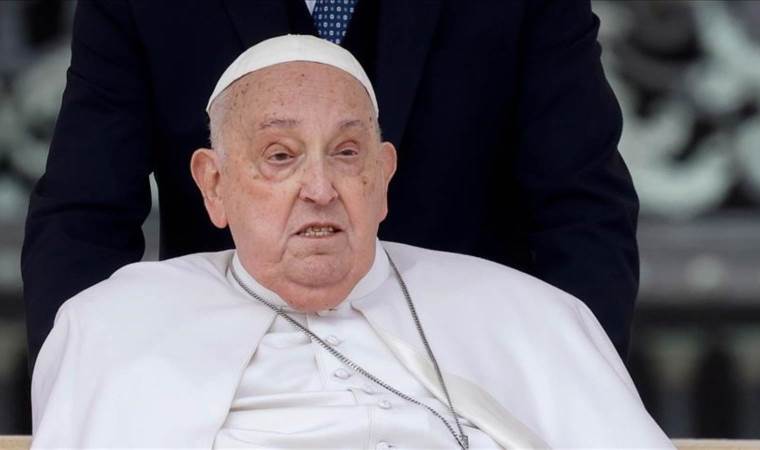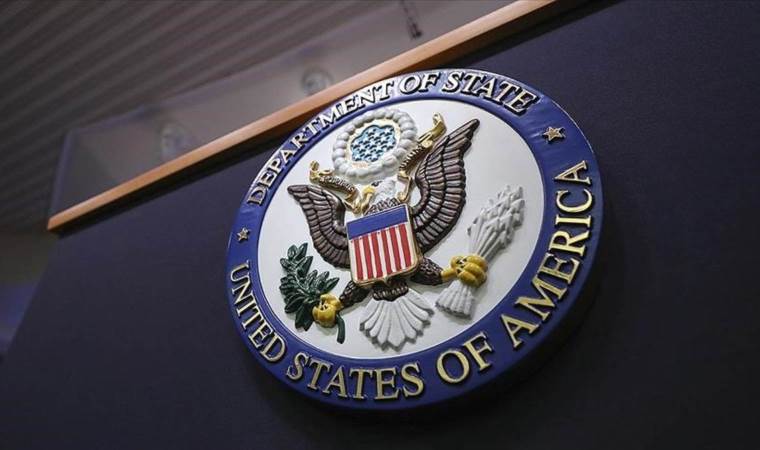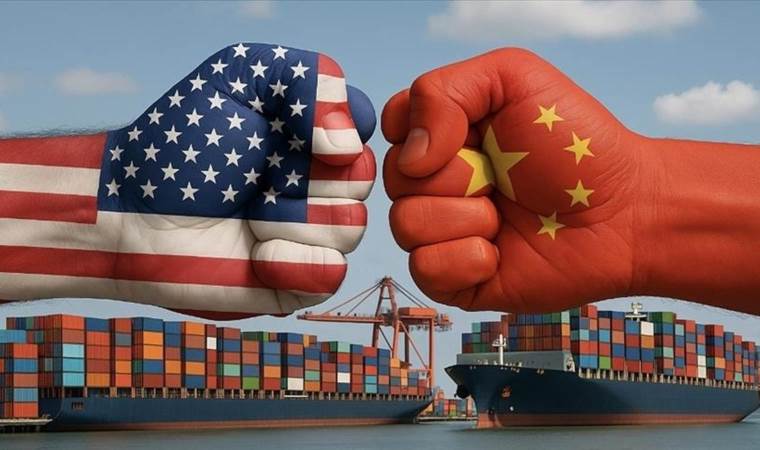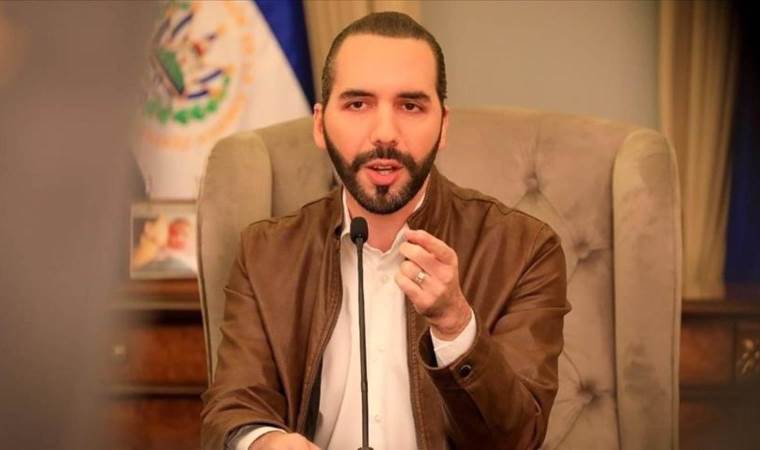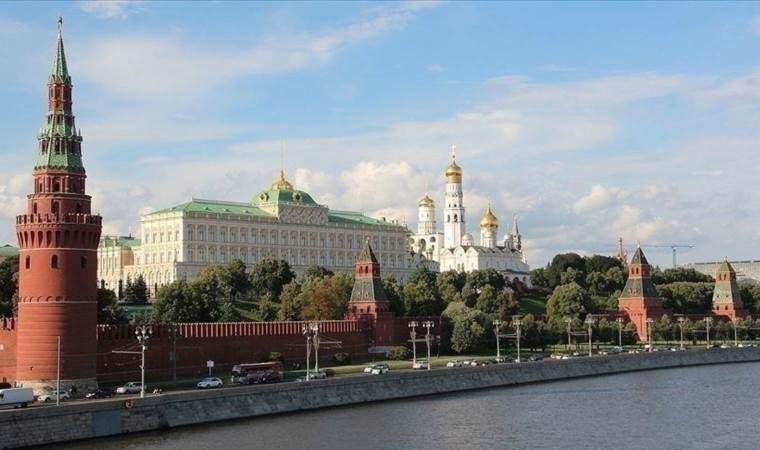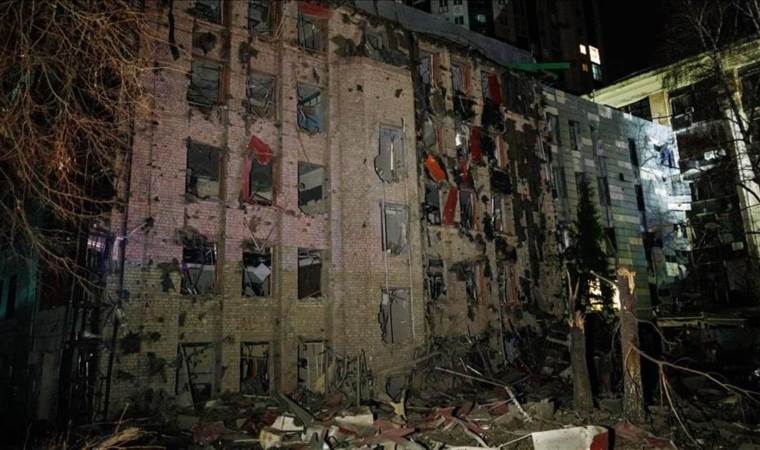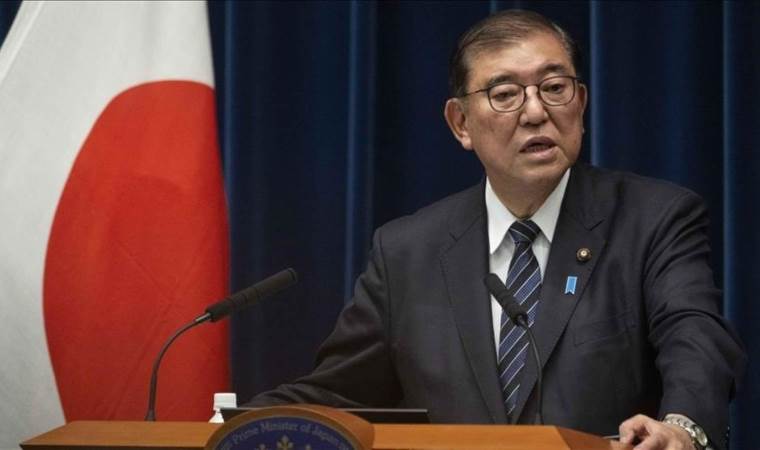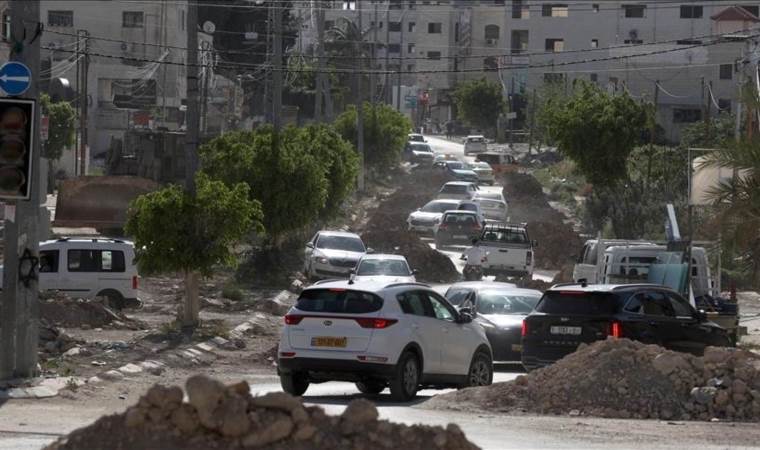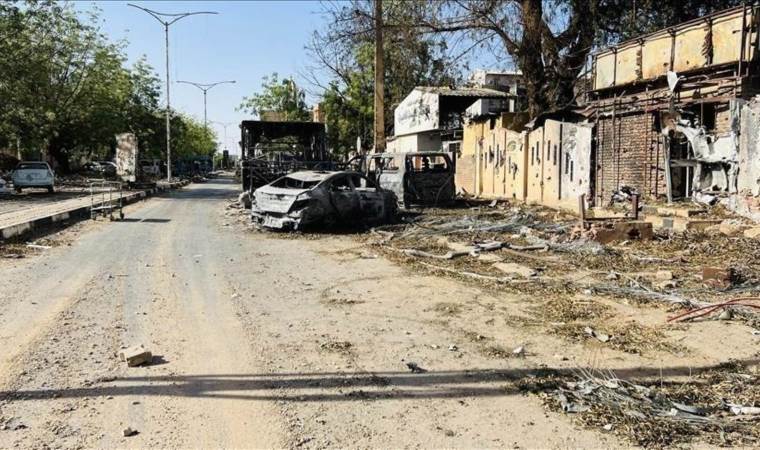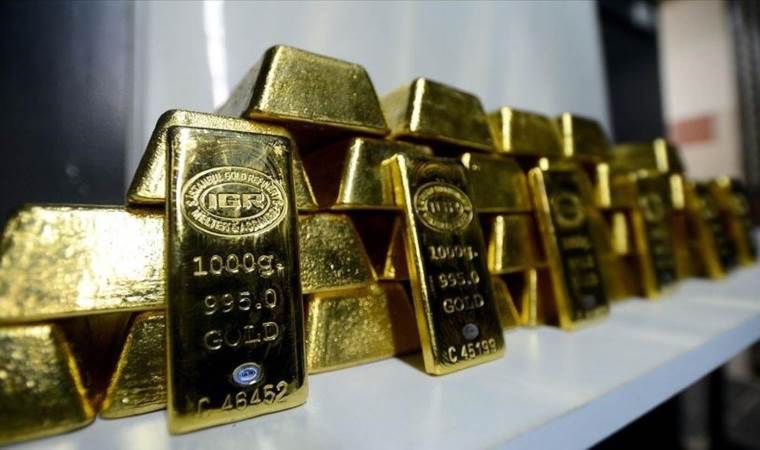Authors Columns of the Day Sport Guest Life All Authors
Is Greece the new outpost?
As we try to read the messages coming out of the December 7 meeting between Erdoğan and Mitsotakis, the question marks increase.
Of course, the best outcome would be laying strong foundations for achieving lasting peace. Setting everything aside, a significant portion of the budget allocated by both countries for armament goes towards being “stronger than the other side” in the Aegean Sea.
This is bad news for the world's number one trade item, the arms industry!
If this can be achieved, the benefits of a “peace economy” will favor both sides. Even at the first step, tourism operators are adding tours upon tours to the politics of tension!
Let's keep this expectation at the forefront. Now, let's consider the other possibilities...
***
Turkey used to be one of the trusted countries in every crisis in its region. During the Iran-Iraq war, which marked the 1980s, both sides saw Turkey as a safe country and conducted prisoner exchanges through it. Ankara was also the center of their diplomatic contacts.
In the tensions between the Israel-Palestine and Israel-Arab world, Turkey was in dialogue with all parties.
Turkey always prioritized peace, offering suggestions in this direction to the parties. This policy has now taken a 180-degree turn. Turkey is no longer a proposer of solutions to every problem in the region, but a part of them!
Whenever there is tension in our region, we rush to the scene with gasoline in hand, declaring “The statement is mine.”
When a humanitarian crisis occurs, instead of extinguishing it, we first declare the responsible party and then intervene in the crisis.
The examples can be multiplied...
Let's cut here and get to the essence of the matter. Internationally,
Turkey is no longer seen as part of the West but as part of the Middle East.
Turkey is no longer a country aspiring to reach civilization, but the most ambitious side of the Middle East.
Turkey is not where democracy is best operated, but where it is best utilized. Turkey is a country dominated by a management approach that demands accountability, not one that gives it to its people.
Turkey is not a rule of law country, but one where the law of power is applied.
In terms of all human development indices, Turkey competes not with Europe, but with Africa and Asia. Turkey is governed by a power that uses, not solves, the problems of its people.
Turkey is a country where the opposition has regressed to legitimizing the government instead of producing an alternative to take power.
All these are beauties that global actors cannot find! With Turkey's Middle Easternization, it seems that the West has moved its wall not to Hakkari, but to Edirne. The barbed wire on the border with Greece in Edirne is not just a fence but a two-meter-thick “impassable” wall covered with a forest of wires! This situation raises the following question:
Is Greece now the advanced outpost of NATO, the external wall of Europe?
When we add the nearly 10 bases established by the US in Alexandroupolis, the question becomes even more pointed.
***
The above realities and possibilities were not the goal of the Republic we celebrate the 100th year of. Nor is it the goal of the millions whose hearts are at Anıtkabir...
At what point will the government's course that capsizes Turkey's course be stopped?
The upcoming local elections will also have general consequences in terms of establishing a new line.
Who is prepared for this?
The government is advancing on its own roadmap.
What about the opposition?
Yazarın Son Yazıları All Columns
Günün Köşe Yazıları
Most Read News
-
 Pope Francis dies at 88 after prolonged illness: Vatican
Pope Francis dies at 88 after prolonged illness: Vatican
-
 US scales back development, diplomatic presence in Afric
US scales back development, diplomatic presence in Afric
-
 China sanctions US lawmakers, officials, NGO heads
China sanctions US lawmakers, officials, NGO heads
-
 El Salvador’s president calls on Maduro to release Venez
El Salvador’s president calls on Maduro to release Venez
-
 Kremlin ‘satisfied’ with US position ruling out NATO mem
Kremlin ‘satisfied’ with US position ruling out NATO mem
-
 Russia, Ukraine report airstrikes as Putin’s Easter ceas
Russia, Ukraine report airstrikes as Putin’s Easter ceas
-
 Trump ‘values’ talks with Japan, says Premier Ishiba ami
Trump ‘values’ talks with Japan, says Premier Ishiba ami
-
 Israel bans Palestinian minister from occupied West Bank
Israel bans Palestinian minister from occupied West Bank
-
 At least 33 civilians killed in RSF shelling of Sudan’s
At least 33 civilians killed in RSF shelling of Sudan’s
-
 Gold price exceeds $3,400 to reach new record high amid
Gold price exceeds $3,400 to reach new record high amid

